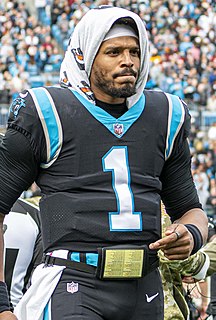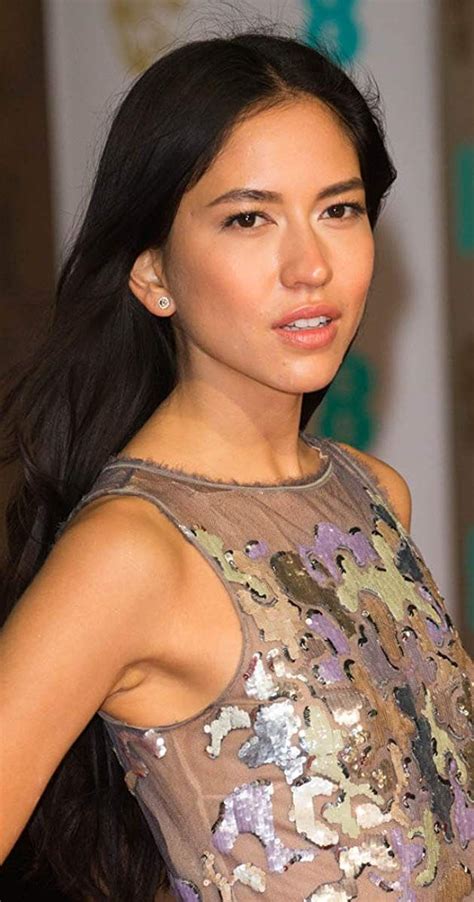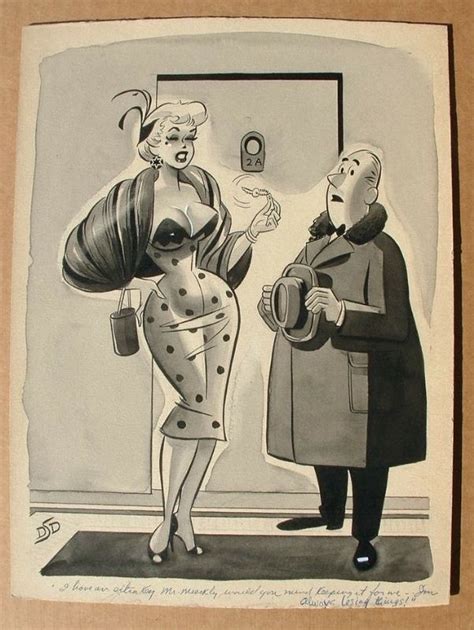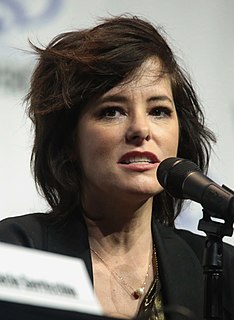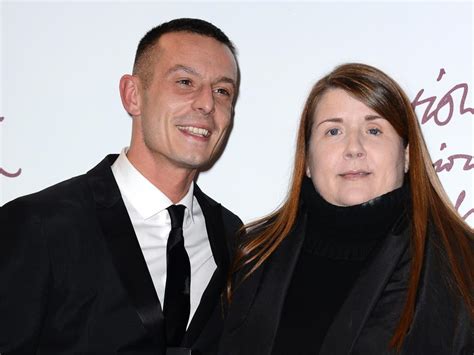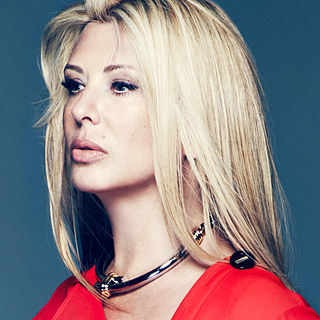Цитата Кэма Ньютона
В стране есть три или четыре места, где люди думают о моде: очевидно, одно из них — Лос-Анджелес. Другой — Нью-Йорк. И я думаю, что Атланта должна быть в пятерке лучших городов, где мода очень популярна.
Связанные цитаты
Если у нас есть блестящий чрезмерный момент, мода очень блестящая и чрезмерная, вы знаете, чрезмерная. Если у нас есть момент, когда дела обстоят так, знаете, мы находимся в рецессии, мода становится тихой. Таким образом, с точки зрения массовой культуры, мода и особенно женская мода невероятно интересны, помимо удовлетворения особой потребности создавать и упорядочивать вещи таким образом, чтобы они казались красивыми. И так, в определенном смысле, это наполняет. С другой стороны, это очень мимолетно, потому что не длится очень долго. Знаете, красивый момент в моде уходит очень быстро.
Я вырос частично в Лос-Анджелесе и частично в Нью-Йорке. В Лос-Анджелесе можно все, потому что здесь действительно умеренный климат. Нет модных правил, продиктованных погодой, а в Нью-Йорке, конечно, они есть. Нью-Йорк сезонный, а также это мекка моды, поэтому люди немного лучше осведомлены о том, как они сочетают вещи.
То, как меняются наши большие города, отстой. Прелесть городов заключалась в том, что они были резкими, иногда даже немного опасными. Художники, поэты и активисты могли прийти, объединиться и создать разные виды сцен. Не только сцены моды, сцены, которые были политически активными. Большие города ориентируются на high-end, деловую корпоративную моду, моду не в художественном, а в корпоративном смысле. Для меня эта острая красота городов теряется, куда бы вы ни пошли.
Я думаю, что мода, наверное, одна из самых доступных и непосредственных форм визуальной культуры. В 1978 году, когда я понял, что хочу заниматься модой, я отправился в Йель, чтобы получить докторскую степень. в истории европейской культуры. Я вдруг понял, что мода — это часть культуры, и я могу заниматься историей моды. Все мои профессора считали, что это действительно плохая идея, что мода — это легкомысленно и неважно. И, со временем, люди все чаще признают, что это зеркало нашего мышления, наших ценностей и взглядов.
